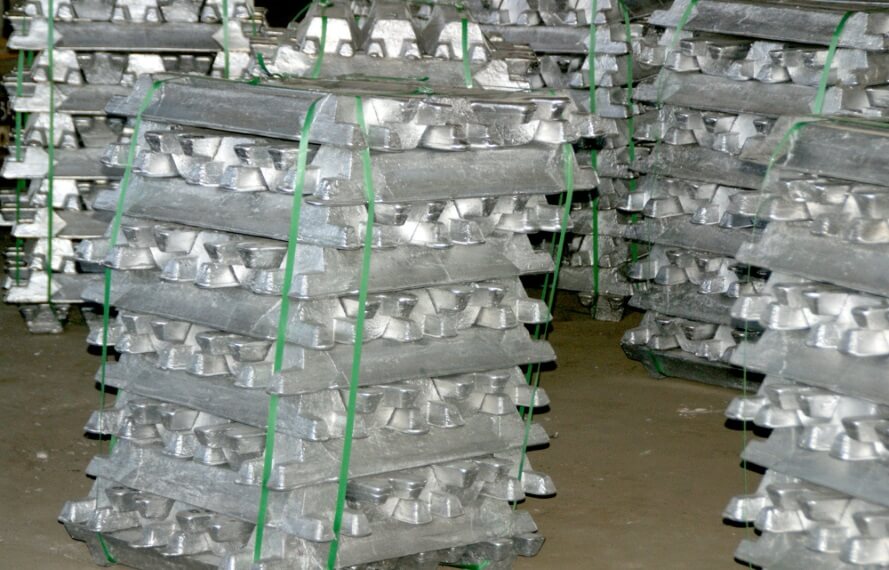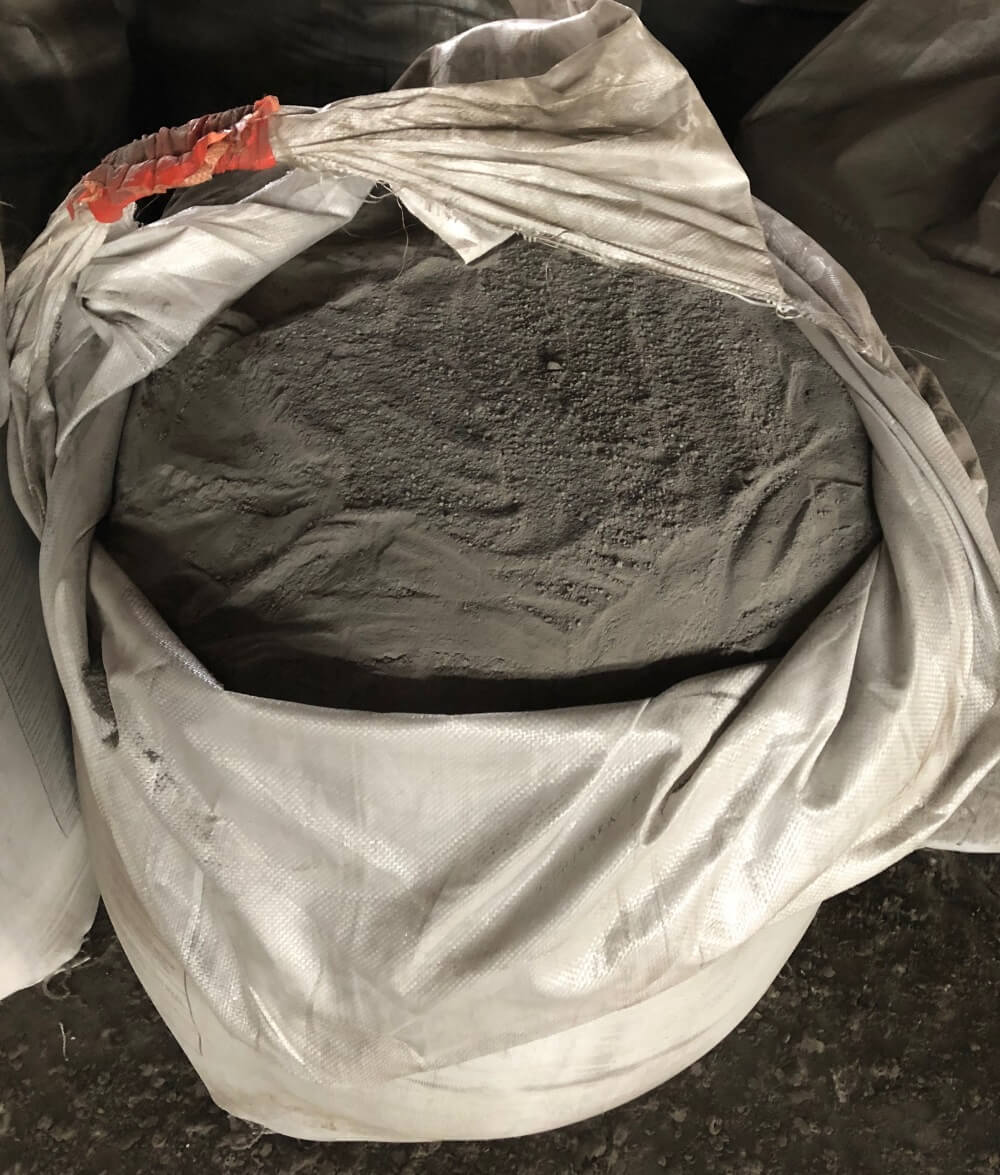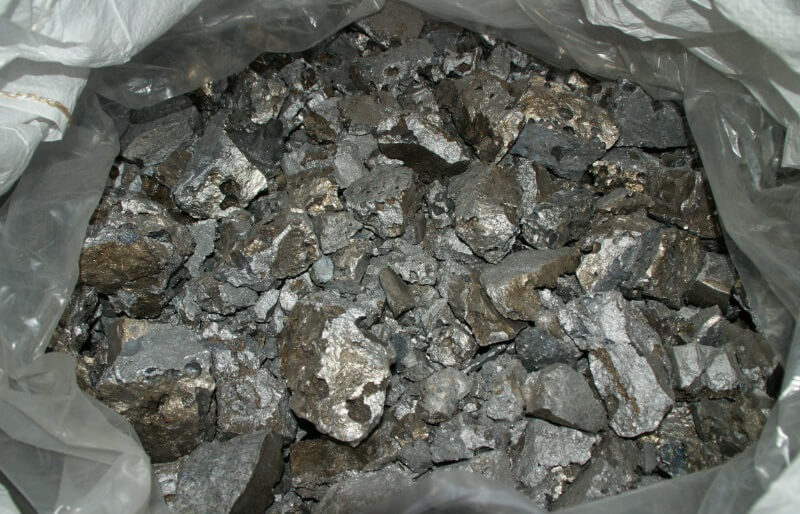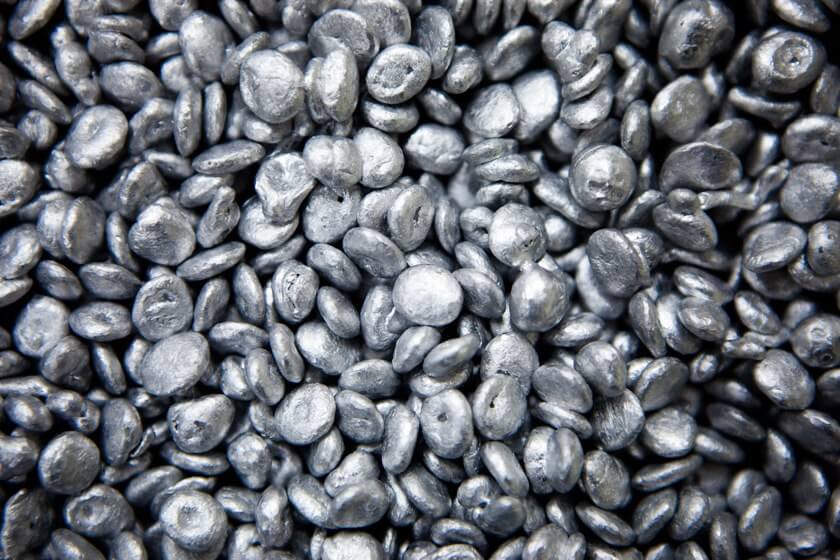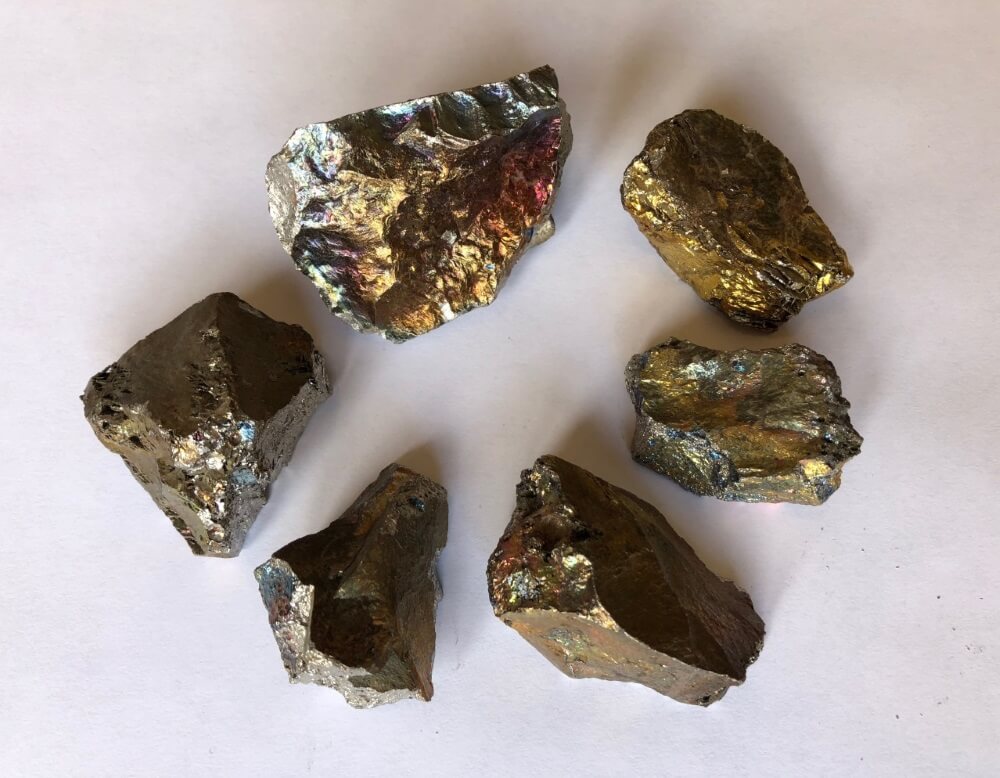Aluminum is one of the most common metals on Earth, playing a key role in various industries. Due to its lightness, strength, and resistance to corrosion, aluminum has found wide application in the aviation, automotive, construction, electrical, and other industries. In this text, we will consider the products that are produced during the aluminum recycling process, as well as their diversity.
Aluminum Casting Alloys
One of the most popular forms of aluminum products are aluminum casting alloys. These alloys are used in various fields, such as the production of auto parts, building materials, and other areas where high strength, durability, and resistance to external influences are required. Casting alloys are made by melting aluminum and adding various alloying elements to it, such as copper, silicon, magnesium, and others.
These alloys can be used to produce:
- Automotive components (e.g. engines, wheel rims);
- Building materials (e.g. window frames);
- Aircraft and aerospace equipment.
Aluminum ingots
Aluminum ingots are one of the most popular types of products obtained in the process of aluminum recycling. These ingots are used as a starting material for further production of aluminum products. Ingots can be both primary and secondary (from recycled aluminum).
Aluminum ingots are widely used in the following industries:
- Manufacture of metal structures and products;
- Manufacture of pipes and profiles;
- Electrotechnical industry.
Aluminum granules
Aluminum granules are a form of aluminum that is used mainly in manufacturing processes where easy transportation and storage of the material is required.
Granules are a convenient and efficient form of aluminum for melting, they can be used in various industries, such as:
- Production of aluminum alloys;
- Metallurgy;
- Packaging equipment.
Aluminum alloys
Aluminum alloys are materials obtained by alloying aluminum with various elements, which improves its physical and chemical properties. These alloys can have different additive contents and vary in strength, resistance to temperature fluctuations, and other characteristics.
The most common aluminum alloys include:
- Aluminum-silicon alloys (used to produce automotive parts);
- Aluminum-magnesium alloys (characterized by high tensile strength);
- Aluminum-zinc alloys (used in the aviation and space industries).
Aluminum compounds
Aluminum compounds are chemical substances in which aluminum interacts with other elements to form stable compounds.
These compounds are used in various fields:
- Catalyst production;
- Chemical industry (e.g. plastics production);
- Medical field (e.g. medicines).
In addition, aluminum compounds are used in the production of various products, such as building materials, coatings and pigments.
Aluminum production
The aluminum production process includes several stages. The first stage uses bauxite, which undergoes a process of processing into aluminum oxide (alumina). Then, in the process of electrolysis, metallic aluminum is extracted from this oxide. This process is high-energy, which requires significant energy costs.
After obtaining metallic aluminum, it is processed into various forms, such as ingots, granules or alloys. Production facilities in the metallurgical industry for the production of aluminum are equipped with modern equipment, which allows for the production of high-quality products.
Metallic aluminum
Metallic aluminum is pure aluminum, which is used mainly in the metallurgical industry, as well as in the production of various alloys. This material is characterized by high strength, corrosion resistance and lightness, which makes it ideal for use in the production of various structures, especially in the aviation and automotive industries.
Types of Aluminum
There are several types of aluminum, each with its own characteristics and applications.
Depending on the content of impurities, aluminum can be divided into the following types:
- Pure aluminum (99.99% aluminum);
- Aluminum alloys with various additives;
- Recycled aluminum (from recycled waste).
Each type of aluminum is used depending on the requirements of a specific industry and the characteristics of the final product. For example, pure aluminum is used to produce thin sheets, and aluminum alloys are used for auto parts or aircraft construction.
Aluminum production products include various forms of this metal, such as ingots, granules, alloys and foundry mixtures, each of which has its own unique application in different industries. Aluminum remains one of the most sought-after metals due to its many advantages, such as lightness, strength and resistance to corrosion.



